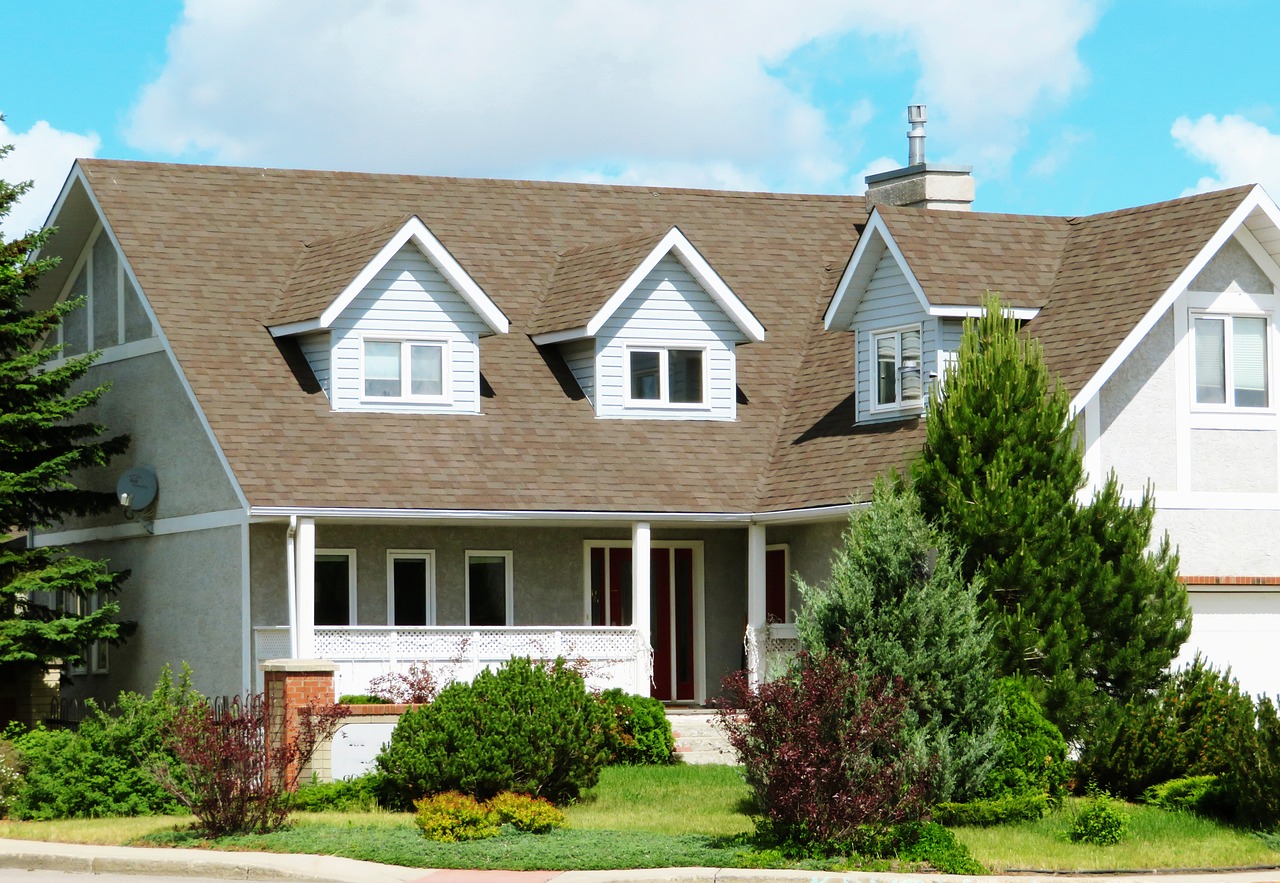

Question: What is the Influence of Property Taxes on House Worth?
Answer: Property taxes can influence house worth by affecting homeowners’ affordability and perceptions of value. Higher property taxes may lower affordability and demand, potentially impacting property values.
The Influence of Property Taxes on Home Worth – Property Taxes and Real Estate Value
Property taxes are an essential source of revenue for local governments, funding vital public services such as education, infrastructure, and public safety. However, these taxes can also have a significant impact on home values, as they directly influence the overall cost of homeownership. In this article, we will explore the various ways property taxes can affect home worth, from affordability and buyer behaviour to the quality of local services and amenities.
Impact on Affordability
One of the most direct ways property taxes can influence home worth is by affecting the affordability of homeownership. Higher property taxes can increase the overall cost of owning a home, potentially making it more difficult for potential buyers to afford the properties in question. This can decrease demand for homes in areas with high property taxes, leading to stagnation or even a decline in home values.
Lower property taxes can make homeownership more affordable, attracting more potential buyers and increasing demand for homes. This increased demand can drive up home values in areas with lower property tax rates. [ 1 ]
Click here to find out your home price valuation
Related Article: What is the Effect of Crime Rates on Home Worth?
Related Article: What are the Effects of Zoning Laws on House Worth?
Buyer Behavior
Property taxes can also impact home values by influencing buyer behaviour. When searching for a new home, potential buyers often take property tax rates into consideration, along with factors such as home prices, location, and local amenities. High property taxes can deter some buyers, particularly those on a tight budget or those looking to minimize their overall housing expenses.
In some cases, buyers may be willing to pay a premium for a home in an area with lower property taxes, even if the home itself is more expensive. This can lead to higher home values in areas with lower property tax rates, as buyers prioritize the long-term savings associated with lower taxes.
Quality of Local Services and Amenities
Property taxes play a significant role in funding local public services and amenities, such as schools, parks, and public safety. The quality of these services can directly impact the desirability of a neighbourhood and, in turn, home values.
Areas with high-quality public services, which may be funded by higher property taxes, can be more attractive to potential buyers, particularly those with children or those looking for a safe and well-maintained community. This can increase demand for homes in these areas and higher home values.
Areas with lower property taxes may struggle to fund essential public services, potentially leading to a decline in the quality of local amenities. This can make these areas less attractive to potential buyers, negatively impacting home values.
Perception of Property Tax Fairness
The perception of property tax fairness can also play a role in influencing home values. In some cases, homeowners may feel that their property taxes are too high relative to the services and amenities they receive in return. This perception of unfairness can reduce the desirability of a neighbourhood, leading to decreased demand for homes and potentially lower home values.
Impact on Home Improvement and Renovations
Property taxes can also influence home values by affecting homeowners’ decisions regarding home improvement projects and renovations. In areas with high property taxes, homeowners may be less inclined to invest in significant home improvements or expansions, as these projects can result in increased property assessments and higher taxes. This reluctance to invest in home improvements can potentially limit the growth of home values in areas with high property taxes.
On the other hand, lower property taxes may encourage homeowners to invest more in home improvements, as the potential tax increase associated with these projects may be more manageable. This can lead to higher home values in areas with lower property tax rates, as homes are updated and improved over time.
Impact on Investment Properties
Property taxes can also impact the value of investment properties, as higher taxes can affect the profitability of rental properties and the attractiveness of real estate investments.
For more information visit www.jenjewell.ca
Higher property taxes can lead to increased costs for landlords, who may pass these costs on to tenants through higher rents. This can potentially reduce the demand for rental properties in areas with high property taxes, negatively impacting property values. Conversely, lower property taxes can make investment properties more attractive, increasing demand and potentially driving up property values.
In conclusion, property taxes can significantly influence home values through various factors, including affordability, buyer behaviour, the quality of local services and amenities, perception of tax fairness, decisions on home improvement, and the attractiveness of investment properties. By understanding the complex relationship between property taxes and home worth, potential buyers, sellers, and real estate professionals can make more informed decisions and better navigate the real estate market. Awareness of these factors can help identify potential opportunities and risks, ultimately contributing to more successful real estate transactions and long-term investment strategies.
References
1. https://www.jstor.org/stable/44103400


